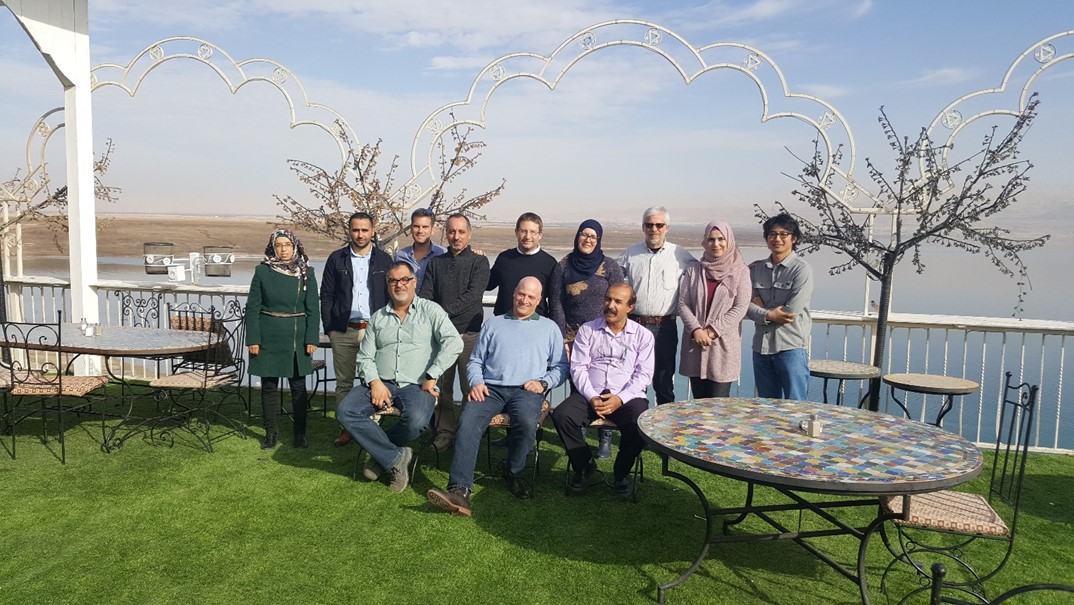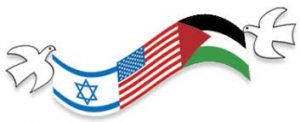
Posted on February 28, 2018
As part of the USAID-funded Middle East Regional Cooperation (MERC) grant, Gideon Wasserberg plays a central role as a consultant and mentor in a collaborative Palestinian-Israel project aimed at combatting Cutaneous Leishmaniasis (CL) in the West Bank of the Palestinian Authority. The MERC program promotes peaceful cooperation and cultural exchange between Arab and Israeli scientists and focuses on student and young scientist training by emphasizing cross-border exchanges. More than 50 percent of the world’s cases of Cutaneous Leishmaniasis (CL) occur in the Middle East region with poor and underdeveloped areas are especially affected. Cutaneous Leishmaniasis is a severe dermal disease caused by the protozopan parasite Leishmania tropica, and transmitted by Phlebotomus sergenti sand flies from its Rock Hyrax reservoir host to humans. Hence, application of an ecological approach is particularly important in order to identify potential weak-links in the transmission cycle of this pathogen. By contributing from his experience and knowledge of the ecology of this system, Gideon Wasserberg would collaborate with Palestinian and Israeli and scientists and mentor Palestinian and Israeli students and post-docs in aspects concerning sand fly surveillance, reservoir host monitoring, design of field experiments, data analysis, and eco-epidemiological modeling.
